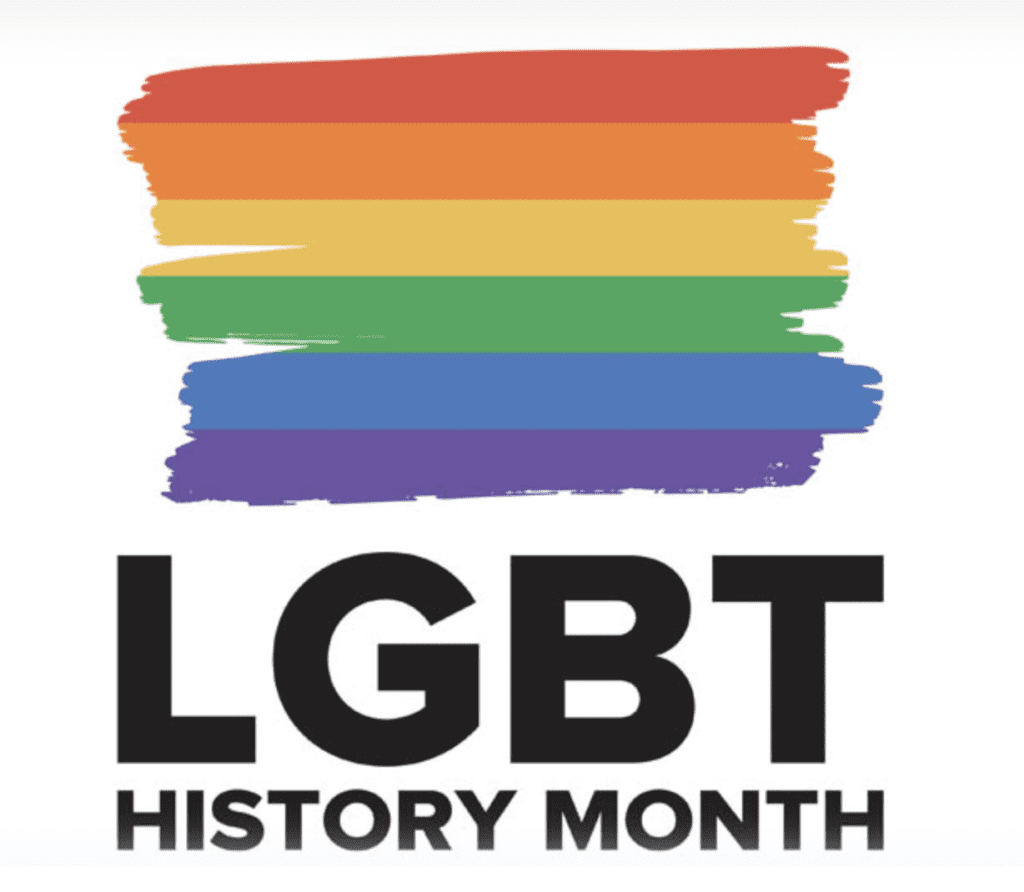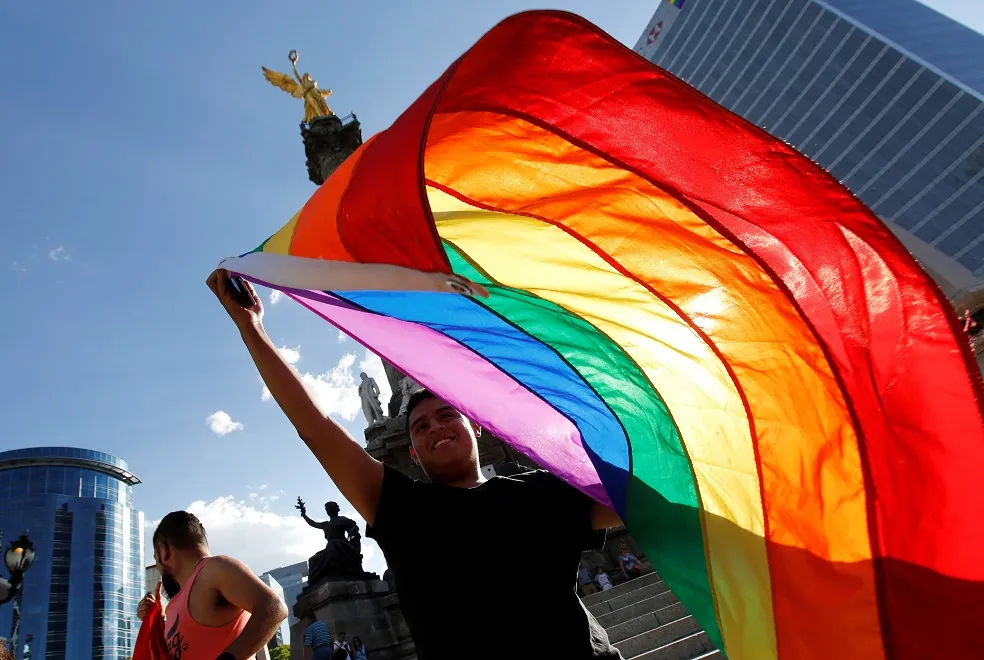
LGBT History Month is more than just a celebration; it is a crucial time for reflection, education, and recognition of the struggles and triumphs of the LGBT community. It serves as a reminder of how far we’ve come and the work that still needs to be done. But why is LGBT History Month so important? Let’s delve into its significance, the impact it has on society, and how it helps to foster a more inclusive world.
What is LGBT History Month?

LGBT History Month is an annual observance that celebrates the achievements and contributions of lesbian, gay, bisexual, and transgender people throughout history. It aims to highlight the often overlooked narratives of LGBT individuals and bring awareness to the challenges they have faced and continue to face.
The Origins of LGBT History Month
LGBT History Month was first celebrated in the United States in October 1994, founded by Missouri high-school history teacher Rodney Wilson. The month of October was chosen to coincide with National Coming Out Day on October 11 and to commemorate the first and second marches on Washington for LGBT rights in 1979 and 1987. Over the years, the observance has spread to other countries, each adopting their own way of celebrating and recognizing LGBT history.
Why We Celebrate LGBT History Month
Celebrating LGBT History Month serves multiple purposes. It acknowledges the struggles and achievements of LGBT individuals, educates the public about the history of the LGBT rights movement, and promotes a culture of acceptance and equality. It also provides an opportunity for LGBT individuals to see their stories reflected in history, fostering a sense of belonging and pride.
The Impact of LGBT History on Society
LGBT history has had a profound impact on society. It has shaped cultural, social, and legal landscapes, leading to greater acceptance and equality. By understanding this history, we can appreciate the progress made and recognize the contributions of LGBT individuals to various fields such as arts, science, politics, and sports.
Prominent Figures in LGBT History
Many prominent figures in LGBT history have paved the way for future generations. Icons like Harvey Milk, Marsha P. Johnson, Sylvia Rivera, Audre Lorde, and Bayard Rustin have made significant contributions to the fight for LGBT rights and social justice. Their stories inspire and remind us of the power of activism and resilience.
Educational Importance of LGBT History Month
LGBT History Month plays a crucial role in education. It provides an opportunity for schools, colleges, and universities to integrate LGBT history into their curriculums. This helps to create a more inclusive educational environment where all students can learn about diverse histories and perspectives.
LGBT History Month and Youth
For LGBT youth, seeing themselves reflected in history can be incredibly empowering. It helps them understand that they are not alone and that they are part of a larger community with a rich and vibrant history. This can boost their self-esteem and foster a sense of pride in their identity.
LGBT History Month Events and Activities

Throughout LGBT History Month, various events and activities are organized to celebrate and educate. These include film screenings, panel discussions, art exhibitions, and educational workshops. These events provide a platform for sharing stories, raising awareness, and building community.
Global Recognition of LGBT History Month
While LGBT History Month originated in the United States, it is now recognized in many countries around the world. Each country has its own way of celebrating and honoring LGBT history, reflecting their unique cultural and social contexts. This global recognition helps to foster international solidarity and understanding.
Challenges in Recognizing LGBT History
Despite the progress made, there are still challenges in recognizing and celebrating LGBT history. In some places, there is resistance to acknowledging LGBT contributions due to cultural, religious, or political reasons. Overcoming these challenges requires continued advocacy and education to promote acceptance and inclusion.
LGBT History Month in the Media
Media plays a significant role in shaping public perception of LGBT history. Positive representation in films, TV shows, books, and news outlets helps to normalize LGBT identities and highlight their contributions to society. Media coverage during LGBT History Month can also help to amplify the voices of LGBT individuals and their stories.
Future of LGBT History Month
The future of LGBT History Month looks promising, with growing recognition and participation around the world. As awareness and acceptance of LGBT individuals continue to increase, so too will the opportunities to celebrate and educate others about LGBT history. This observance will remain an important tool for fostering equality and understanding.
Conclusion
LGBT History Month is a vital observance that celebrates the achievements and contributions of LGBT individuals while educating the public about the history of the LGBT rights movement. It fosters a culture of acceptance and equality, empowers LGBT youth, and provides a platform for sharing stories and raising awareness. By recognizing and celebrating LGBT history, we can build a more inclusive and understanding world.
FAQs
1. What is the purpose of LGBT History Month?
LGBT History Month aims to celebrate the achievements and contributions of LGBT individuals, educate the public about LGBT history, and promote a culture of acceptance and equality.
2. When is LGBT History Month celebrated?
LGBT History Month is celebrated in October in the United States and in February in the United Kingdom.
3. How can schools participate in LGBT History Month?
Schools can participate by integrating LGBT history into their curriculums, organizing events and activities, and creating an inclusive environment for all students.
4. Why is it important to recognize LGBT figures in history?
Recognizing LGBT figures in history helps to acknowledge their contributions, foster a sense of belonging and pride in the LGBT community, and educate others about the diverse narratives that have shaped our society.
5. What are some ways to celebrate LGBT History Month?
Some ways to celebrate include attending events and activities, educating yourself and others about LGBT history, supporting LGBT organizations, and sharing stories of LGBT individuals on social media.
